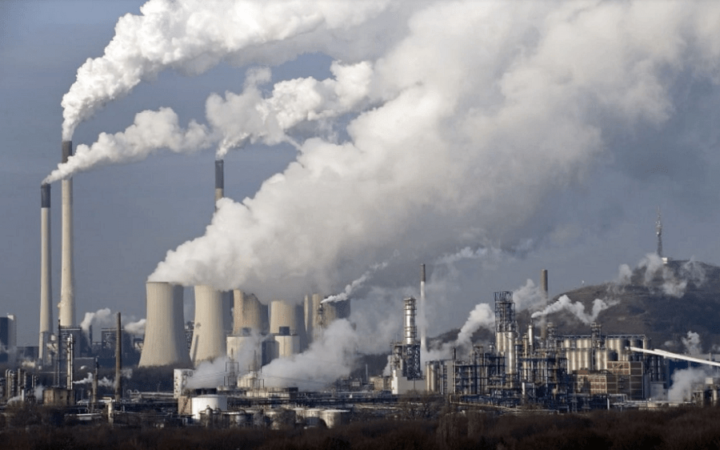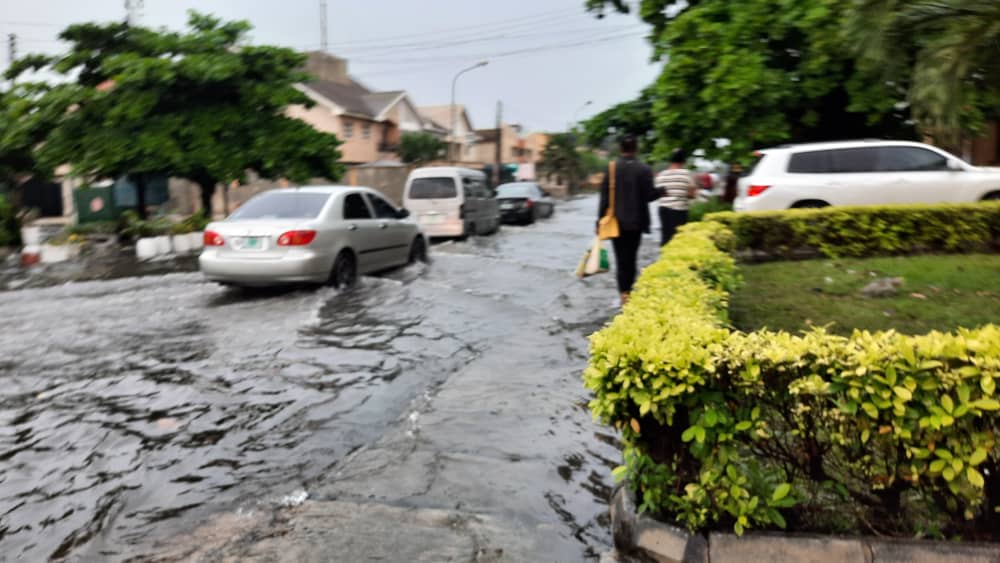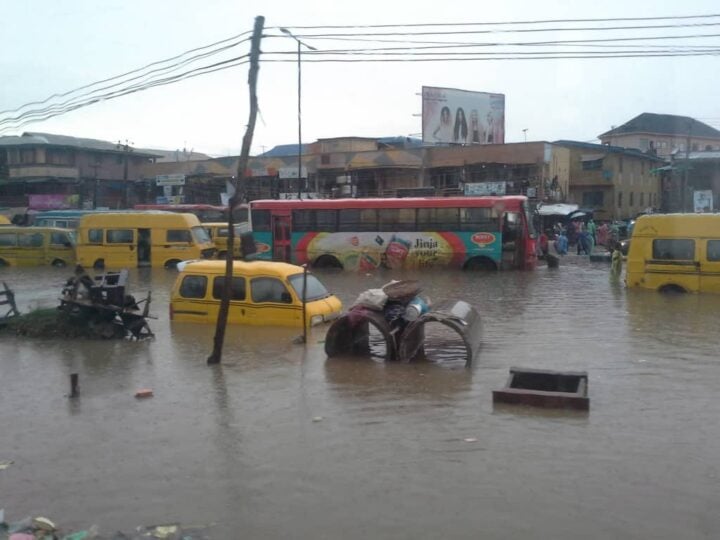Mohammed Abubakar, minister of environment, says plastic pollution has become one of the gravest environmental problems in the world.
Abubakar spoke on Thursday in Abuja at the unveiling of a study on innovative packaging, recycling technologies and sustainable alternative materials to plastic.
The minister said the study is in line with government action to address the challenges of plastic waste.
He said plastic pollution has become a big problem, adding that eight million tonnes of plastic are deposited in the ocean annually.
Advertisement
He said the measures being taken to reduce plastic pollution in Nigeria include the development of national policies on solid/plastic waste management, a national plastic waste recycling programme, and waste to wealth entrepreneurship programme.
“Plastic pollution has become one of the gravest environmental problems confronting the global community with impacts transcending national, regional and international boundaries,” he said.
“The magnitude of the problem is reflected in the fact that each year about eight million tonnes of plastic toxic wastes end up in our oceans and if this trend continues, it is projected that there would be more plastic than fish in our oceans”.
Advertisement
Jean Bakole, regional director, United Nations Industrial Development Organisation (UNIDO), said plastic pollution has become global and Nigeria is not left behind.
Bakole, who was represented by UNIDO programme officer, Otu Osu, reaffirmed the organisation’s commitment to promoting inclusive and sustainable industrial development in Nigeria.
“UNIDO is presently supporting Nigeria in UNIDO programs which has the environment as one of the 9 key components. UNIDO is working closely with the Federal Ministry of Environment to implement the assessment piloted in Lagos State and the Federal Capital Territory,” she said.
“I reaffirm UNIDOs commitment to supporting Nigerian government and people towards promoting inclusive and sustainable industrial development without compromising the quality of the environment.”
Advertisement
Add a comment






